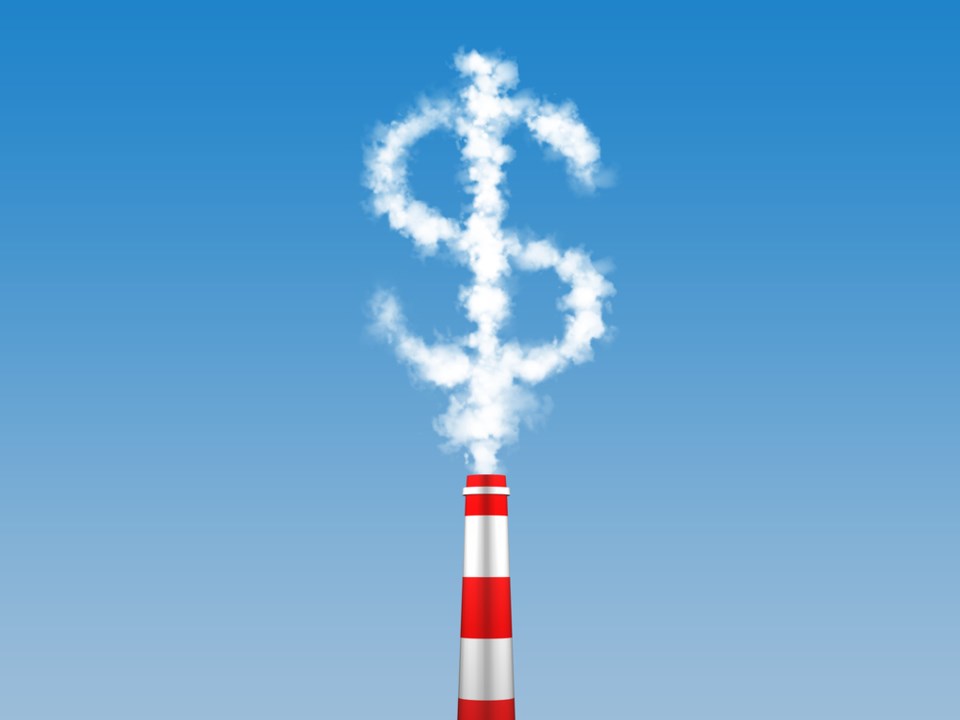There will be uncertainty and a heavy tax burden on businesses and residents if a carbon tax is imposed on Saskatchewan by the federal government, warned Environment Minister Scott Moe, in a speech to party faithful at the Sask Party’s annual spring banquet on March 21.
In addressing members of the Weyburn-Big Muddy riding association, Moe noted he and MLA Dustin Duncan, the Energy and Resources minister, have been working on the provincial government’s response to the threatened carbon tax.
The federal government has stated they want the tax raised to about $50 a tonne on carbon emissions by the year 2022, with a commitment to reduce carbon emissions by 30 per cent by 2030. Canada currently produces about 750 million tonnes of emissions, with 75 million produced in Saskatchewan, and of this, agriculture produces about 12.7 million tonnes. “There’s no denying it, we do have a challenge. It’s not just in Saskatchewan or in Canada. Climate change is a global challenge,” said Moe, noting that Canada only comprises 1.6 per cent of carbon emissions in the world, and Saskatchewan produces about 10 per cent of Canada’s total.
If the tax is imposed on Saskatchewan, they will see the biggest tax increase by the federal government ever, and it will hit all sorts of areas for residents, such as 11 cents a litre on gas and 14 cents a litre for diesel, but will have little to no effect on reducing emissions in Canada.
The cost to farmers could be $10 to $15 an acre, said Moe, noting one producer said this tax “will literally bite the hand that feeds you.”
The carbon tax will be particularly hard on Saskatchewan, as this province exports over $30 billion of product each year, from agriculture to oil, and the impact could well lead companies to leave Saskatchewan to go elsewhere, such as south of the U.S. border.
“In the energy industry, people who are drilling in the Bakken can move south of the 49th Parallel, where I don’t think President Trump will be imposing any kind of carbon tax on their industries,” said Moe.
The end result could well mean increased emissions globally as companies may move to countries that are less-regulated than Canada is. Moe noted that federal government officials said not only will some firms have to change their work practices, but some people will have to change their employment. “That’s not a risk we’re willing to make in the province of Saskatchewan.”
“When the cost of doing business becomes too great, those businesses will move to where the costs are lower,” said Moe, adding this would apply to oil companies “if we do not provide a competitive edge here in Saskatchewan.”
Agriculture is basically a carbon neutral industry, as what is produced in Saskatchewan easily matches the emissions that is produced, and Moe said it’s likely agriculture is a carbon sink, as in they more than offset carbon emissions.
“We need to have a more fulsome and global conversation on carbon emissions,” said Moe.
He added that Saskatchewan is looking at viable alternatives to imposing a tax to actually reducing carbon emissions, such as by using technology like carbon capture technology, which sequesters carbon dioxide underground rather than emitting it into the atmosphere. There are 16 major carbon capture projects around the world right now, he added, and Saskatchewan happens to be a world leader in that technology.
“Saskatchewan has the ability to make a real difference, and I believe we already have,” said Moe.




